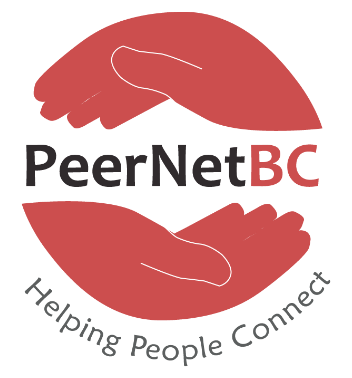Land Acknowledgment
We would like to humbly acknowledge that our project and our stories take place on the stolen homelands of the sḵwx̱wú7mesh (Squamish), sel̓íl̓witulh (Tsleil-Waututh), and xʷməθkʷəy̓əm (Musqueam) nations.
Much of the “history” we have access to has been written by colonizers, and the stories of the original inhabitants of these lands lost to both past and ongoing genocide. We believe that it is vital to social justice to not only remember precolonial and decolonial stories, but to support and defend decolonization as we create history.
Why is this important?
We can’t “just get over it”; colonization is still happening around us, Indigenous people are dying, and Indigenous struggles are ongoing. Land has been stolen and is still being stolen, and it is important to spread awareness of this, hold colonial forces accountable, and demand justice.
How can we do a land acknowledgement?
Research the land that your tour route crosses.
Which peoples used to live here? Can you find the names of any ancestral villages? Which peoples live near here now? How far? What are their communities called? Were the local territories ceded by treaty, or do they remain unceded? Where was the nearest residential school?
Be aware of any current struggles for Indigenous people on the land where you live, work, and play.
Do local reserves have safe drinking water? Is there a homelessness, missing women, or opioid crisis where you live? Are there any health crises affecting local Indigenous people? Are there battles for land sovereignty, such as environmental disputes, or battles for the right to self-government? Are you familiar with the legacy of the Indian Act, residential schools, and “status” cards?
Weave stories about local struggle into your script. Consider giving a voice to an Indigenous guest speaker, or inviting a local Indigenous person to open the tour with a land acknowledgement.
This may feel intimidating. Look up some local Indigenous activists, especially those concerned with issues that your history tour explores. For example, look at the speaker list for environmental rallies, feminist marches, rallies against housing displacement, and events for missing and murdered women. These movements are often led by Indigenous warriors. Also explore asking local Indigenous knowledge-keepers, such as traditional plant use teachers or tour guides. Or asking an Indigenous artist such as a musician, poet, carver, weaver, drum-maker, etc.
Be mindful of the language used in your acknowledgement. Consider using the word “stolen” as opposed to “unceded”.
Think about what the words “ancestral”, “traditional”, “historical”, and “unceded” mean. Discuss specific people (e.g. the Squamish, Musqueam, and Tsleil-Waututh). If you are able, use the names that people would call themselves (Skohomish as opposed to Squamish).
Get comfortable saying the names of the local people/s.
Practice saying your land acknowledgement in all your tour planning meetings. Practice taking the time to name colonial oppression and addressing any colonial mindsets in your organization.
Consider taking 5 minutes at the beginning of every meeting to not only do a land acknowledgment, but open the floor for members to share any current events that are relevant to Indigenous rights.
This grounds the meeting in the current political landscape of decolonization.
Consider taking a decolonization workshop as a team.
Some incredible organizations that are Indigenous and settler-led offer education so that we can talk about these issues in a safe and informed way, and address any racism and ignorance in our own organizations.
What shouldn’t we do?
Don’t refer vaguely to Indigenous peoples as if they are all one entity. Indigenous peoples across Turtle Island are as distinct from one another as Irish and Indian people are from each other. Their cultures, ethnicities, and languages are anything but a monolith.
Don’t let discomfort drive your decolonization. Settler guilt is a common response to learning about Indigenous struggles, and hopelessness is another. You are not responsible for the harms of your ancestors, and you are not responsible for the policies that hurt Indigenous peoples now. You ARE responsible for educating yourself on how colonialism harms and has harmed Indigenous people, and doing your part to help to dismantle oppressive systems.
